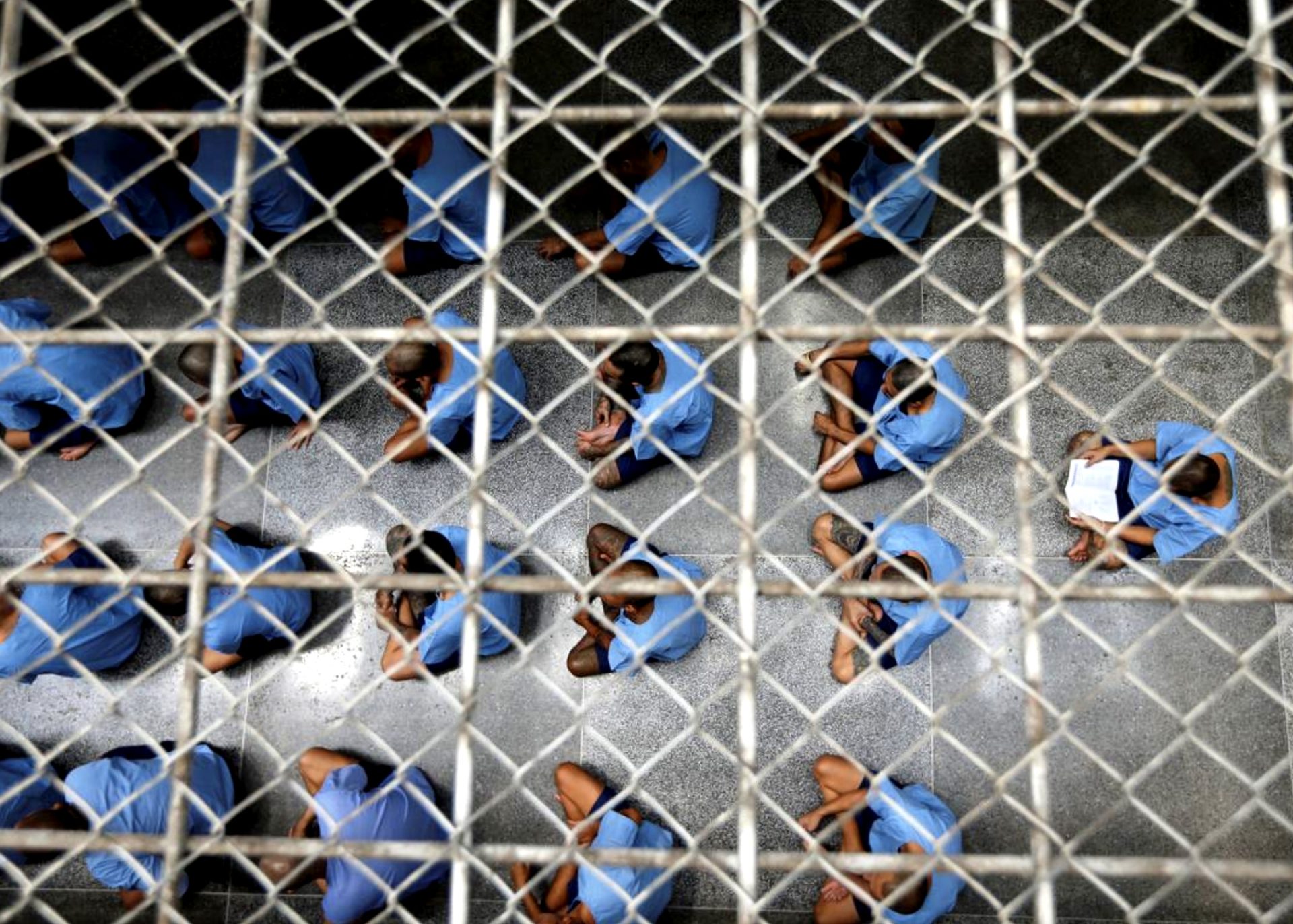Thai jails have been banned from using prison labor to make fishing nets for private companies after a Thomson Reuters Foundation investigation found some inmates were forced to carry out the work under threat of beatings or delayed release.
The country’s Corrections Department said it had told prisons not to sign new net-making contracts, a decision welcomed by labor rights groups and prisoners’ families who had denounced exploitation in prison work programs.
“There are concerns that inmates may have been forced to work,” said Chan Vachiradath, a deputy director-general, in a written statement to the Thomson Reuters Foundation.
“The Corrections Department has therefore issued orders to reform prison labor according to human rights principles.”
Both the department and Khon Kaen Fishing Net (KKF), Thailand’s biggest fishing net producer, denied the use of forced labor in prisons.
In a report in December, former inmates said the work was compulsory, but paid only a fraction of Thailand’s minimum wage, and some workers were not paid at all.
Chan said the memo barring new prison net-making contracts was issued on May 2, though it was not made public at the time.
Some prisons have also announced immediate pay increases of up to 30% for some jobs, including the production of fishing nets, folding bags and needlework, the department added.
Labor rights campaigners welcomed the decision, but called on the government to ensure prison workers’ pay meets the legal minimum wage, and to allow independent inspection bodies access to prisons.
“This case shows that the Thai government must do much more to effectively identify and hold accountable Thai companies that seek to profit from forced labour in their supply chains,” added Jennifer (JJ) Rosenbaum, executive director of the Global Labor Justice – International Labor Rights Forum.
‘Exploitative’ work program
Thailand’s prison work program was intended to provide on-the-job training that could help inmates secure paid work after their release, according to promotional material from the Corrections Department.
But rights groups say it has become exploitative, citing low pay, harsh working conditions and the use of punishment when workers do not meet quotas.
KKF chief marketing officer Bordin Sereeyothin said “almost every prison in Thailand” manufactured nets, estimating that more than 100,000 inmates had been involved in their production.
He said the change would result in a loss of income for inmates, while net shortages would push up the price of seafood.
“Finding hundreds of thousands of workers is not an easy task, and at the end of the day, it’s the fishermen and consumers who will face the burden,” he said.
“Either by the end of this year or early next year, the prices of shrimp and crab will soar.”
However, family members of prisoners expressed relief.
One former inmate, who asked to be identified only by his nickname Petch, said his elder brother – who is still being held at the southern Songkhla Provincial Prison – had recently been told they would no longer produce the nets.
“It’s a good thing, since it’s hard work, and they would be punished for not meeting the target,” said Petch, who also worked making nets while he was in jail.
“If they no longer have to do it, their lives will be much better.”
(Reporting by Nanchanok Wongsamuth; Editing by Sonia Elks and Hugo Greenhalgh. Thomson Reuters Foundation)







